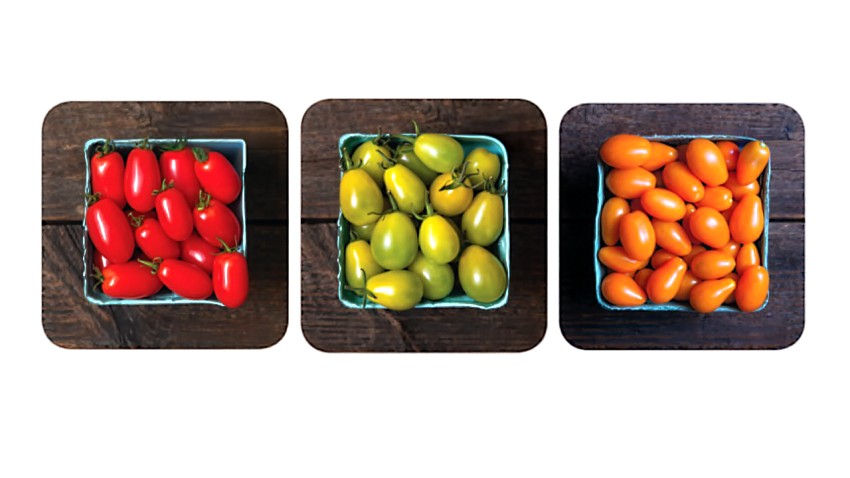News
Three varieties join the “Galaxy Suite” of grape tomatoes, a snack-sized Cornell-bred medley.
This episode features speakers and attendees recorded live during the Oct. 31 conference at Cornell Tech in New York City.
Cornell researchers have developed a powerful new biosensor that reveals, in unprecedented detail, how and where kinases – enzymes that control nearly all cellular processes – turn on and off inside living cells.
The weekend event involved more than 150 undergraduate and graduate students from across Cornell.
The Cornell Institute for Digital Agriculture (CIDA) convened its annual workshop on Oct. 21, 2025, at the Statler Hotel on the Cornell University campus. The day-long gathering featured project updates, networking, and a keynote exploring how artificial intelligence is reshaping food systems.
Findings from a recent study show how randomness and growth together create the striking cellular patterns that shape plant organs—and perhaps all multicellular life.
Rocky Kambo, director of operations and business for the Animal Health Diagnostic Center at the Cornell University College of Veterinary Medicine, will transition to the role of associate dean of finance and administration for the College of Agriculture and Life Sciences.
Beyond connecting pet parents with Cornell alumni veterinarians, the tool also allows CVM alumni to opt-in to a searchable database for CVM students looking to find mentors, opportunities for externships, or networking across the country.
The new four-year program — one of only three wildlife-focused veterinary residencies in North America to be approved by the American College of Zoological Medicine (ACZM) — responds to a growing need for veterinarians trained in free-ranging wildlife health, a discipline that bridges individual patient care and population-level management.
Cornell has won three of 15 major grants from the Bezos Earth Fund, awarded to leverage artificial intelligence in the fight against climate change and environmental challenges.








